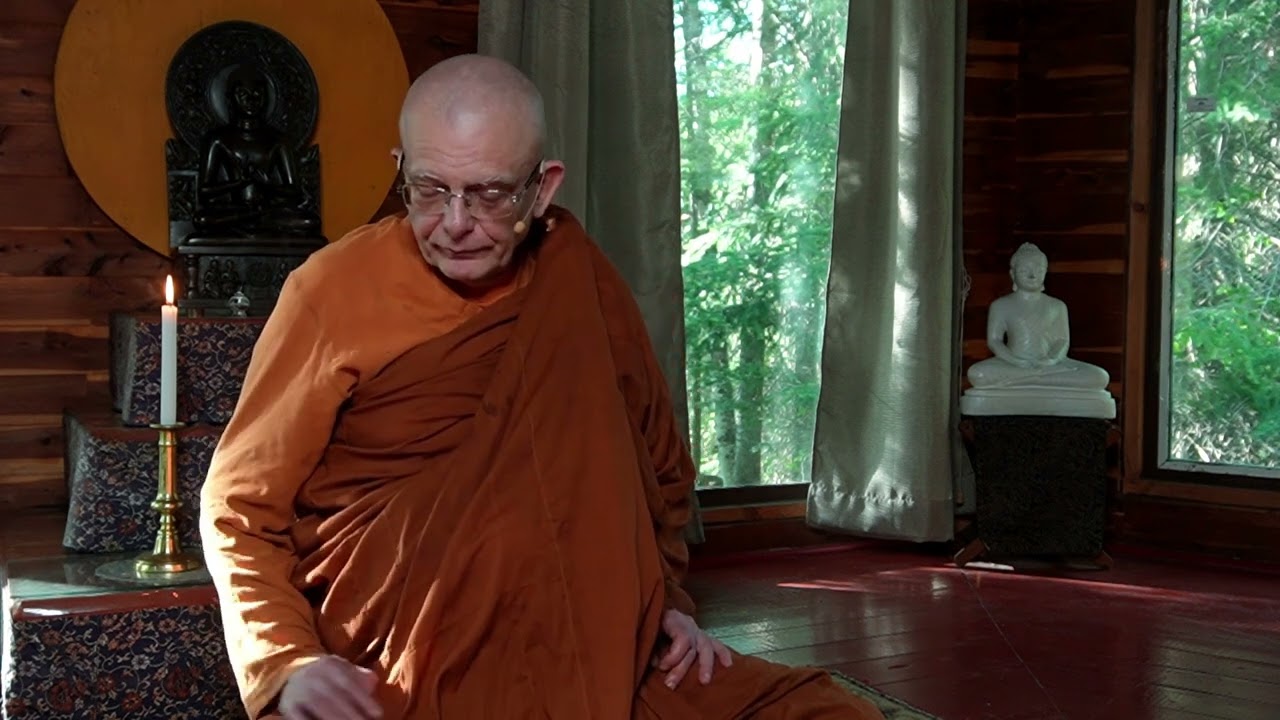For me I choose “no self” translation. Here is my understanding about Anatta:
Rupa, Vedana, Saññā, Sankhara, and Viññāṇa, be it past, present or future, internal or external, coarse or delicate, low or great, near or far, all are impermanent, suffering and not to be regarded as “self”. The “self” concept is not to be found in five aggregates or out of five aggregates, or combination of both inside and outside of five aggregates. The “self” concept is a delusion, a deception occured due to not understanding the Tilakkhana.
Hence there is no “self” to be found at ultimate sense.
The word “myself”, “yourself”, “themselves”, “tathagata”, “attabhava”, “me”, “te”, “mayham”, “tesam” etc., are used as merely communication purpose.
It is not eternalism since this understanding denied the permanence of five aggregates or any Sankhata Dhammas. It is not nihilism, as it does not deny the fact the reappearance (punabbhavo) will happen accordingly, as long as the Lobha, Dosa and Moha are not abandoned.
It adopts a middle way as taught by dependent origination. When certain conditions are met, there arises Sankhata Dhammas. And again when certain conditions are fulfilled, there ceases Sankhata Dhammas. Once Lobha, Dosa and Moha fully abandoned, Asankhata Dhamma (Nibbāna) is the final result.
There is no real “self” or “individual” that practice the teachings. Lord Buddha’s teaching is all about the existence of Sufferings and the cessation of Sufferings.
Any comment?
